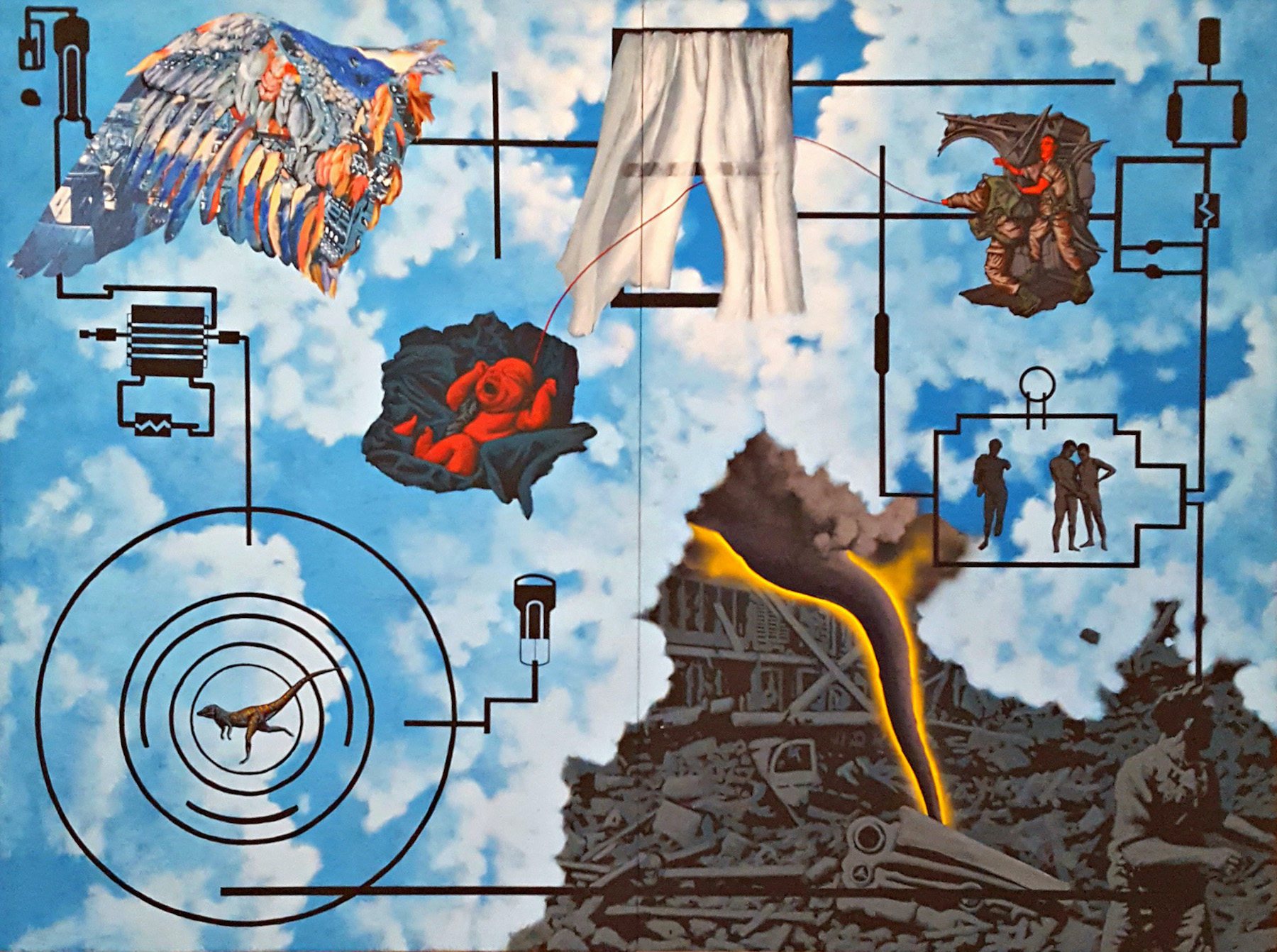Literature as Experiment: The Ontological Commitment of Fiction
DOI:
https://doi.org/10.58519/aesthinv.v3i1.11953Keywords:
experiment, literature, Agamben, RicoeurAbstract
In which sense can literature be conceived as an experiment? What type of experiment and experience does literature offer and what type or dimension of reality is at stake in literary investigations? What are the ontological stakes of literature in its construction of another world or a second nature? In this essay, I adress these questions in discussion with two authors who explicitly understand literature as experiment, namely Paul Ricoeur and Giorgio Agamben. To get a better sense of these ontological stakes of the experiment of literature, I will first turn to Ricoeur’s account . Subsequently, I will offer a critical discussion of how his concept of configuration, a central notion in his theory of narrative, actually limits the sense of the literary experiment and its ontological stakes. This discussion will address the relation between the concepts of potentiality, contingency, and event. Finally, I will turn to Agamben’s reading of Herman Melville’s famous story Bartleby, the Scrivener to offer a different sense of both the ontological stakes of the literary experiment and the relation between these three concepts.
Downloads
Published
Issue
Section
License

This work is licensed under a Creative Commons Attribution 4.0 International License.
Authors who publish with this journal agree to the following terms:
Authors retain copyright and grant the journal right of first publication with the work simultaneously licensed under a Creative Commons Attribution License that allows others to share the work with an acknowledgement of the work's authorship and initial publication in this journal. Note: up to volume 4 issue 1, an incorrect copyright line appears in the PDFs of the articles.
Authors are able to enter into separate, additional contractual arrangements for the non-exclusive distribution of the journal's published version of the work (e.g., post it to an institutional repository or publish it in a book), with an acknowledgement of its initial publication in this journal.
Authors are permitted and encouraged to post their work online (e.g., in institutional repositories or on their website) prior to and during the submission process, as it can lead to productive exchanges, as well as earlier and greater citation of published work (See The Effect of Open Access).






